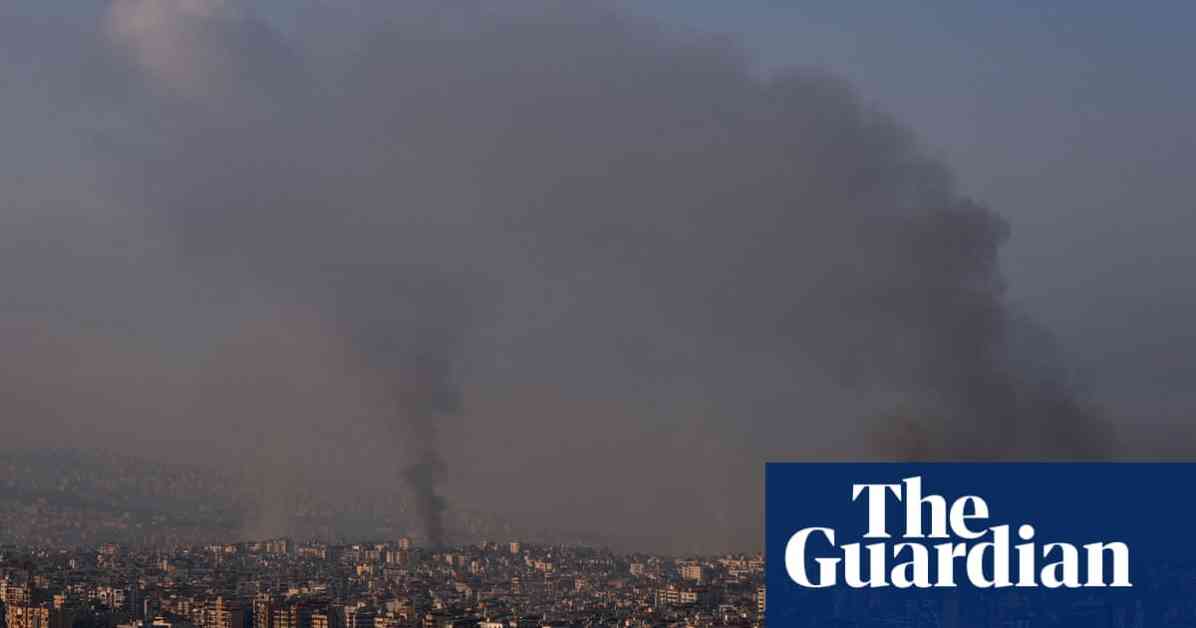Heavy airstrikes hit southern Beirut from late Saturday into Sunday, causing significant damage according to witnesses. Additionally, Gaza’s civil defence agency reported 24 people killed and dozens wounded in an Israeli airstrike on a mosque in central Gaza early on Sunday. The ongoing conflict between Israel and Hamas in Gaza is nearing its one-year anniversary on 7th October, intensifying the already volatile situation in the region.
The strike on the mosque in Gaza, located near the Al-Aqsa hospital in Deir al-Balah, resulted in numerous casualties as the building was being used to shelter displaced individuals. The Israeli military claimed that the mosque was being utilized as a Hamas command center, justifying their targeting of the site. These attacks in Gaza have added to the escalating tensions that have been prevalent in the area for an extended period.
In Lebanon, the Israeli strikes in Beirut suburbs, known as Hezbollah strongholds, have created chaos and destruction. These strikes have reportedly targeted key figures within Hezbollah, including its leader Sayyed Hassan Nasrallah and his potential successor Hashem Safieddine. The loss of such influential leaders within Hezbollah is a significant blow to the organization and its supporter, Iran.
Furthermore, Israeli actions have expanded into Lebanon, with reports of strikes in Tripoli, a city in the north, marking a new phase in the conflict. The continuous attacks in Beirut’s southern suburbs have forced many residents to flee their homes, adding to the humanitarian crisis unfolding in the region. The toll on civilians, both in Lebanon and Gaza, continues to rise as the violence persists.
The Israeli military spokesperson, R Adm Daniel Hagari, stated that significant casualties have been inflicted on Hezbollah fighters and targets in southern Lebanon. The continued ground operations and airstrikes have aimed to weaken Hezbollah’s capabilities and secure the safety of Israeli citizens. However, the collateral damage and loss of civilian lives have drawn international condemnation and calls for de-escalation.
As the conflict evolves, the impact is felt beyond the borders of the directly affected countries. Global protests demanding an end to the violence in Gaza and the wider Middle East have taken place in major cities worldwide. The escalation of hostilities and the humanitarian crisis have sparked outrage and calls for immediate action to prevent further bloodshed.
Amidst the turmoil, efforts for diplomatic solutions and international intervention are crucial to stemming the violence and addressing the root causes of the conflict. The complex geopolitical dynamics and longstanding grievances must be addressed through dialogue and negotiation to ensure a sustainable peace in the region. The urgent need for humanitarian assistance and protection of civilians remains paramount as the situation continues to deteriorate.












